In adapting Garth Ennis’ series of comic books for TV, The Boys makes plenty of changes which improve the story. The Boys isn’t the most faithful adaptation, and it repeatedly deviates from the source material, but this gives the show an unpredictable flair. Reading the comic books won’t always reveal what’s likely to happen in the TV show, and sometimes the characters seem almost completely different. Although The Boys isn’t a perfect one-to-one adaptation, each change is made thoughtfully to enhance the story and develop the characters in interesting ways.
With The Boys season 4 on the way, fans may be tempted to look to the comic books for an idea of what to expect. However, a quick glance at how the show reshapes the characters and plots from the comic books shows that it’s better to expect the unexpected. The Boys has become its own thing, especially since the release of Gen V. The comic books are still worth reading for fans of the show, but the differences are obvious. Some of the changes The Boys makes help it translate to TV, while some are just more interesting narrative decisions.
10 Changing Ryan Butcher’s Story
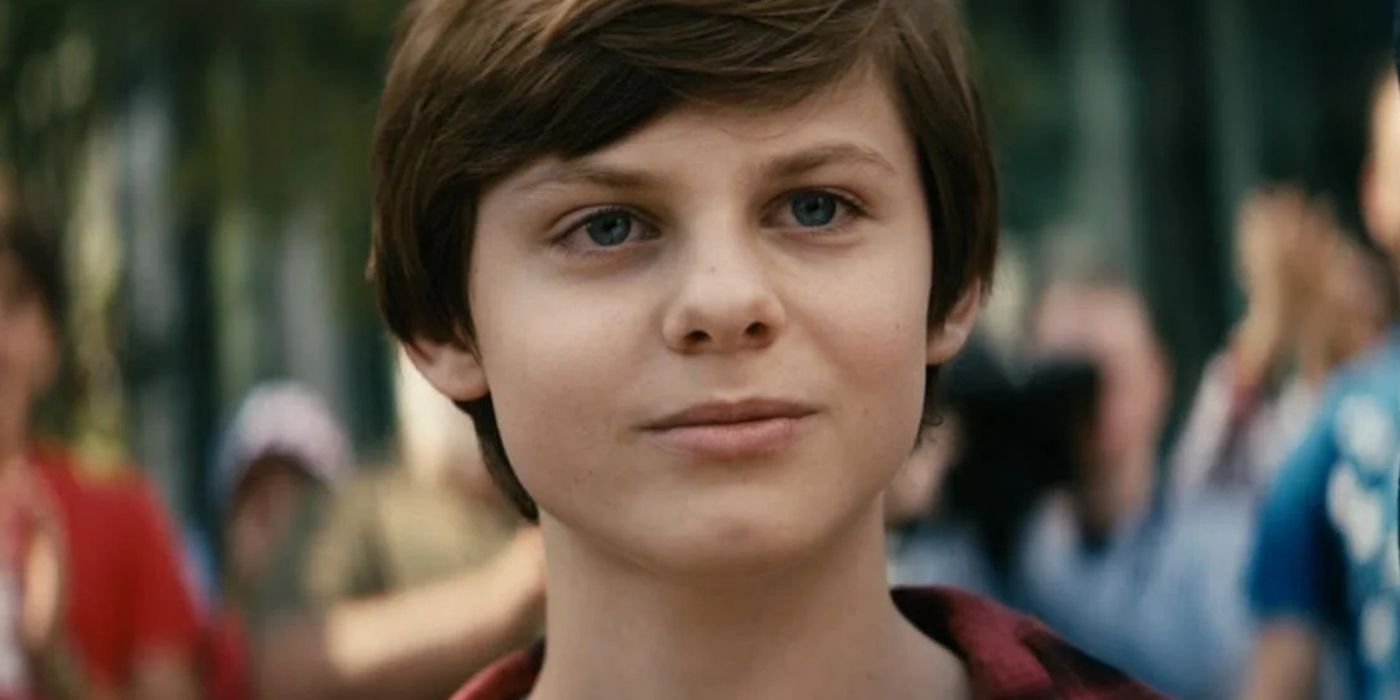
Ryan Butcher has been growing in importance in The Boys, with his future representing the moral conflict between Billy Butcher and Homelander. Ryan inherited some of Homelander’s powers, and there are indications that he will become just as corrupt and evil. This is especially tragic since he was originally under the care of Butcher. Homelander and Butcher’s struggle over Ryan is much more interesting than Ryan’s role in The Boys comic books, where he is killed in infancy by Butcher after he starts displaying his immense powers and almost blasts Butcher with his heat vision.
9 Giving Black Noir A Different Identity
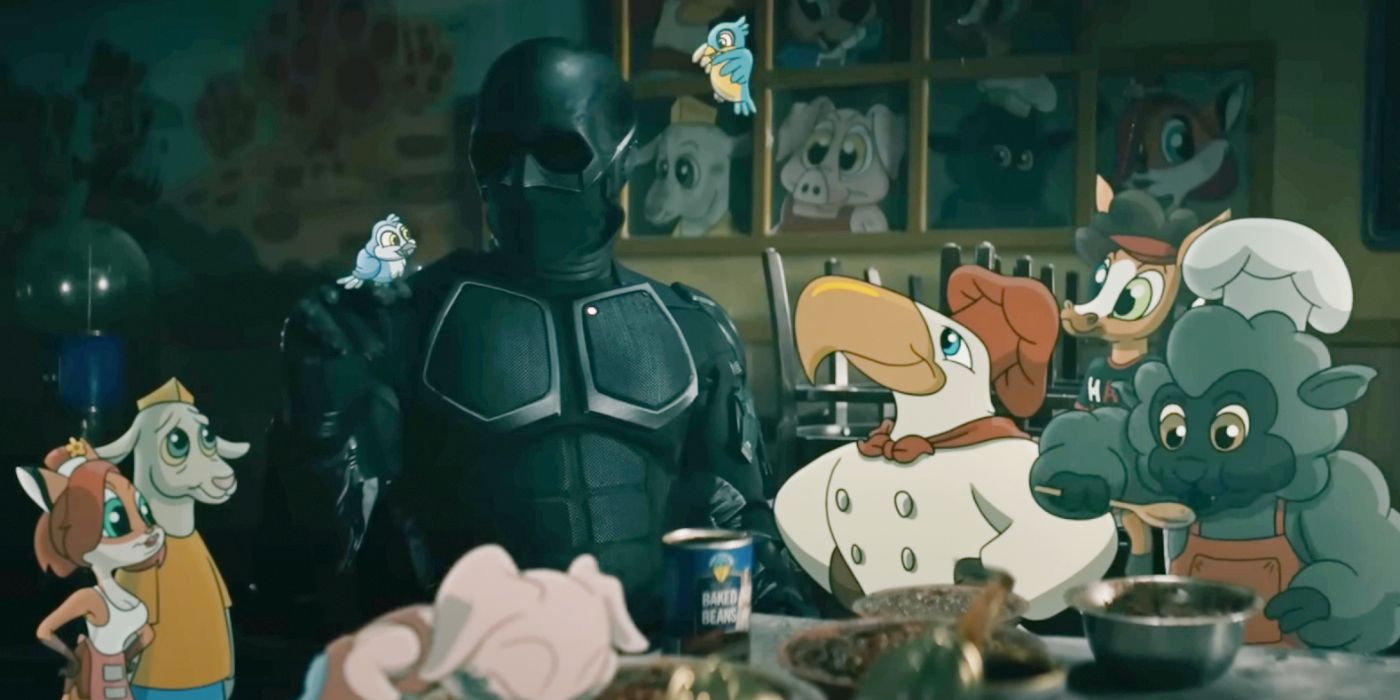
In the original comic books, Black Noir is a clone of Homelander beneath his mask. This mystery drags on throughout most of the series, as Black Noir commits a series of horrific crimes for obscure reasons. In the show, Black Noir is instead revealed to be a supe called Earving who previously fought alongside Soldier Boy. This provides an important bridge between Soldier Boy and the rest of the show, and it changes the relationship between Black Noir and Homelander. Black Noir used to be someone who Homelander felt he could trust, but Homelander discovers that he is all alone.
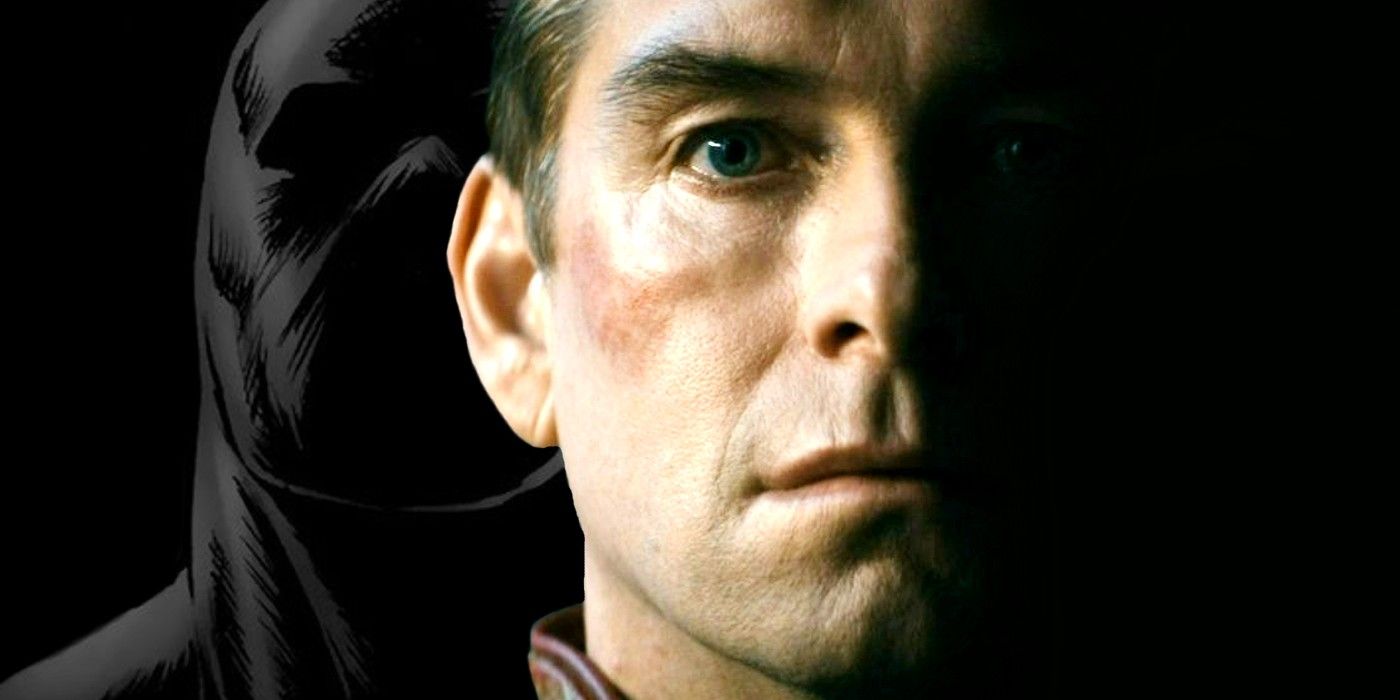
8 Making Soldier Boy Much Stronger
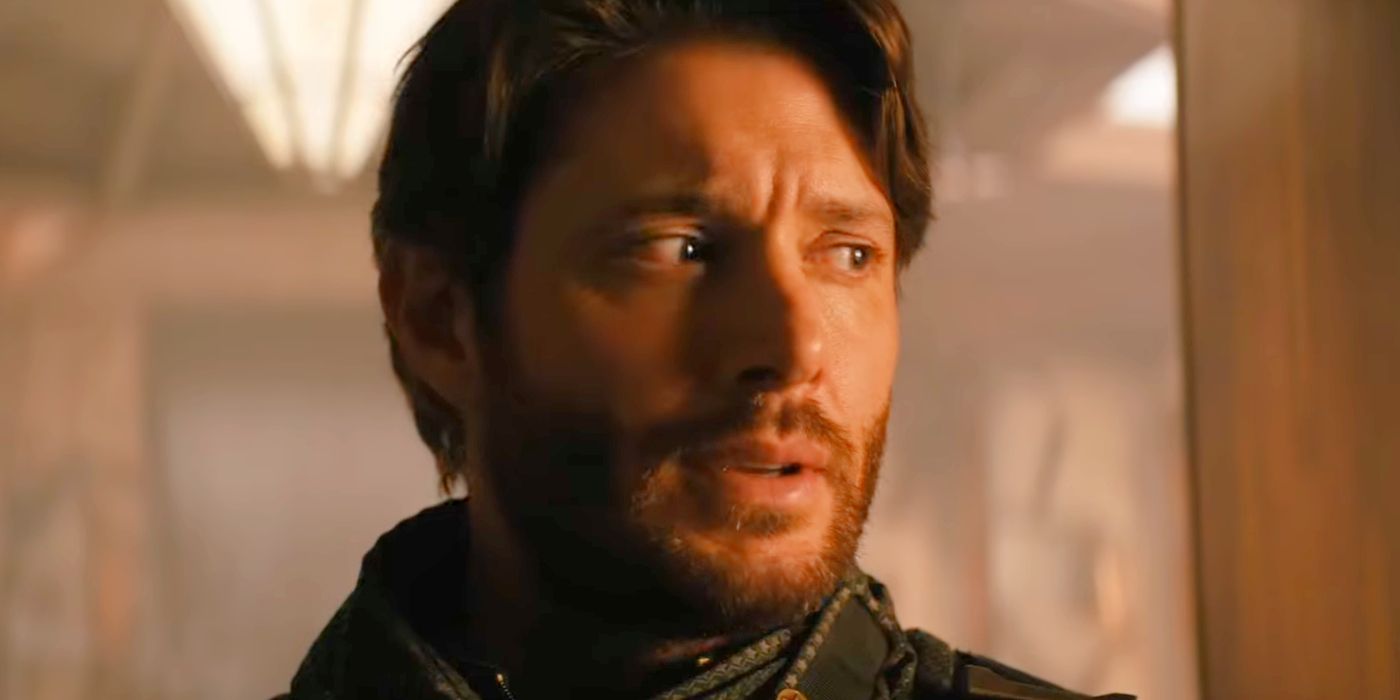
In the comic books, Soldier Boy is much weaker than he is in the show. The name “Soldier Boy” is given to a few different supes, but none of them are particularly powerful. He’s a sort of comedic sideshow, but the show makes him a worthy challenger to Homelander instead. Few characters are as radically different in the show as Soldier Boy, and his story line is far more compelling as a result. Soldier Boy is treated as a weapon for The Boys to use against Homelander, but he has his own agenda in mind.
7 Adding New Supes To The Universe
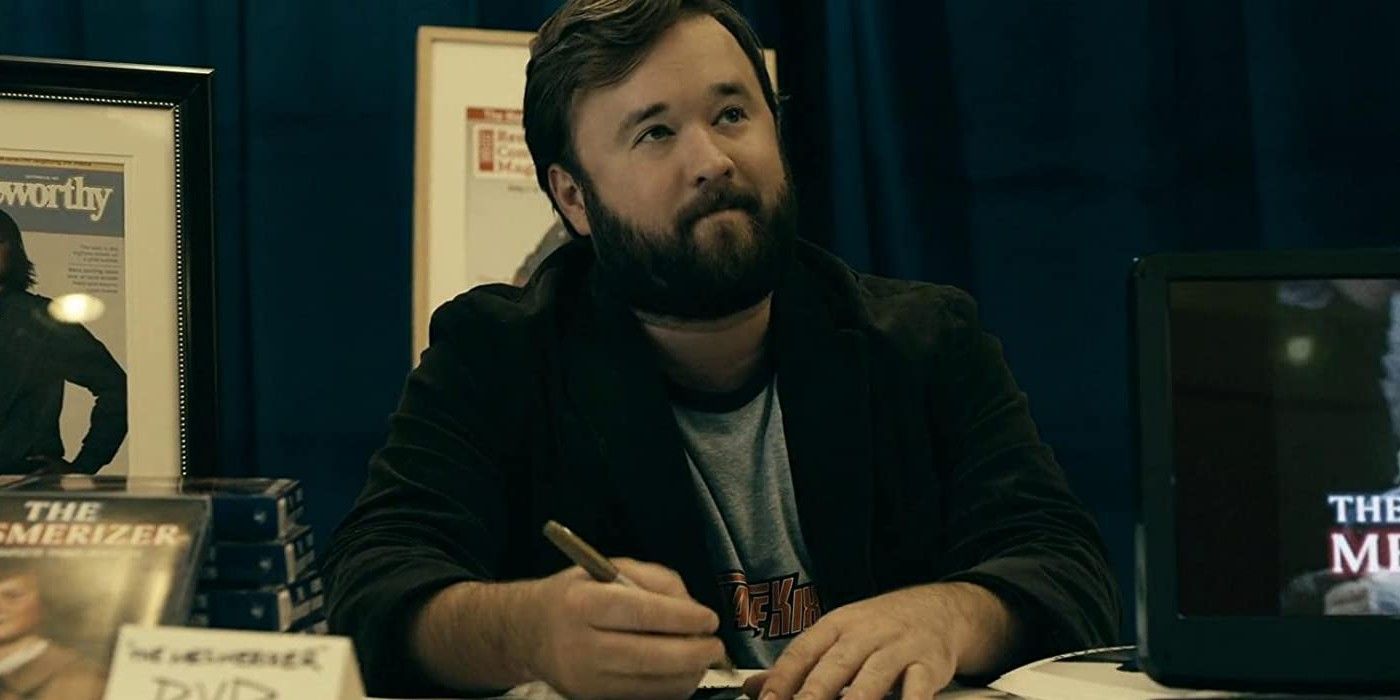
Some of the supes from The Boys are almost identical to their comic book versions, some are altered massively, and some are entirely new creations for the show. The new supes which don’t appear in the comic books each help to add detail to the world of the show, even if they only play minor roles. Mesmer, the mind-reading former child star, and Translucent, a member of the Seven, are two examples of great characters who aren’t in the comic books. Gen V introduced more original supes, suggesting that The Boys could have plenty more strange superhumans.
6 Creating The Vought Cinematic Universe
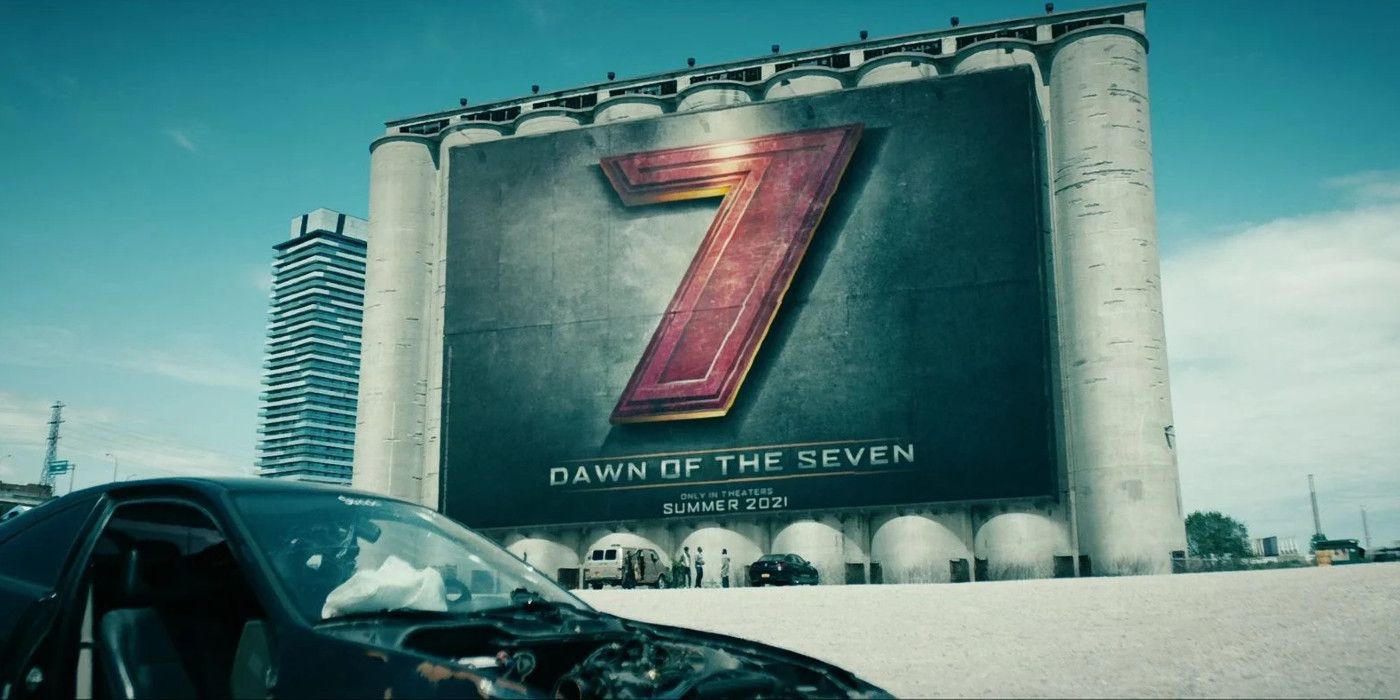
The comic books have some elements of superhero satire, but the show takes a few more concentrated jabs at the recent glut of superhero movies and TV shows. The Vought movies are the show’s way of mocking thematically lightweight superhero movies which rely on flimsy spectacle rather than substantial storytelling. The Vough Cinematic Universe is also used as a great way to contrast the horrific deeds of supes like Homelander with their squeaky-clean public images. In this way, The Boys lampoons the way in which celebrities find public forgiveness for their wrongdoings.
5 Stripping The Boys Of Their Powers
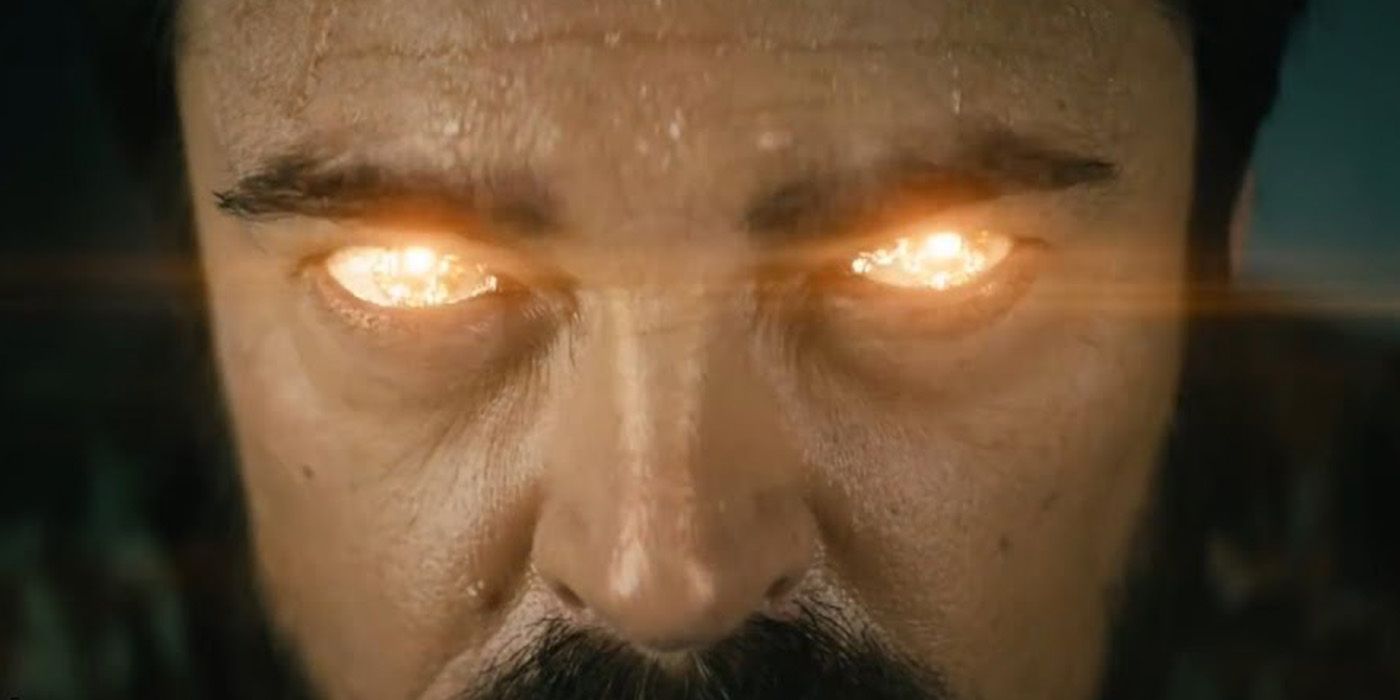
In the comic books, every member of Butcher’s team ends up with superpowers. Some are born with them and others take Compound V. This means that they can all more or less handle themselves in a fight with any supe, and the TV show is made more dramatic by depriving them of this advantage. The Boys are the underdogs in the show. Even when Butcher and Hughie start taking Temp V, it’s clear that too much exposure to the substance could kill them. However, Butcher’s insatiable desire to win means he is willing to risk his life.
4 Changing Mother’s Milk’s Origins
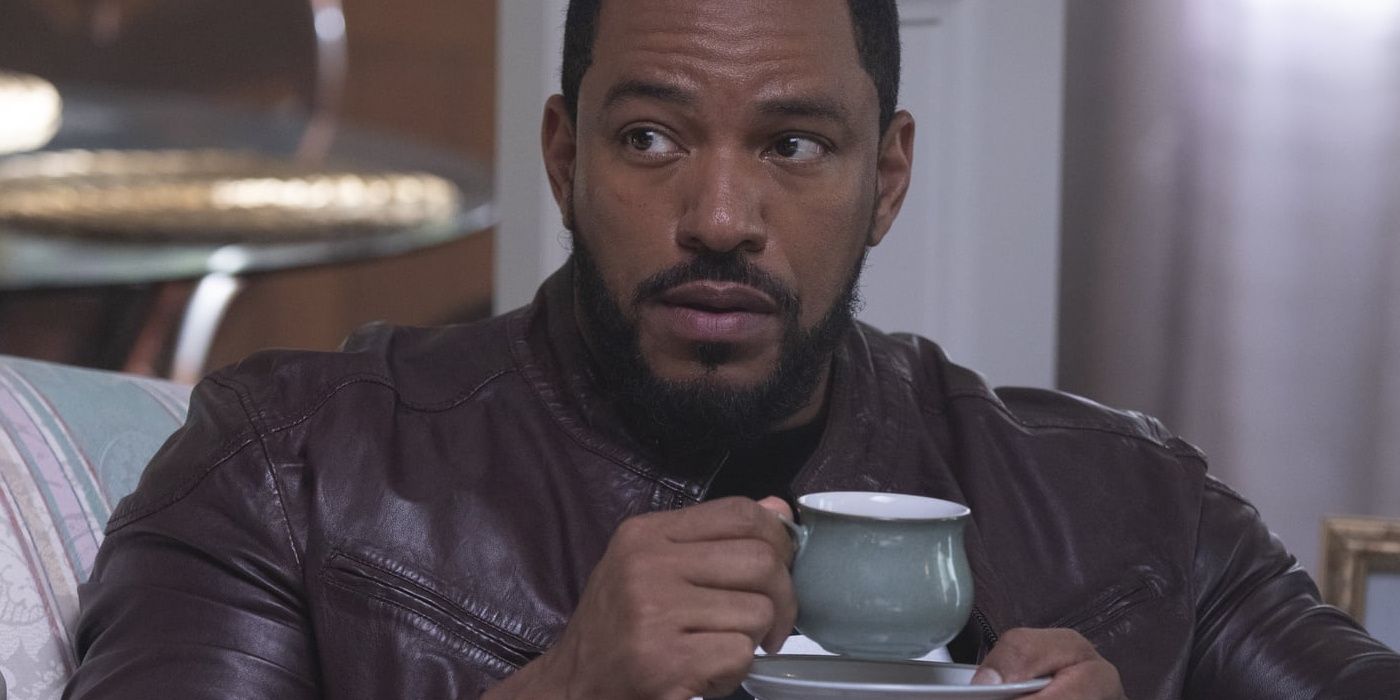
Mother’s Milk is a fan-favorite character in The Boys. He’s a steady moral guide who keeps the team together even when Butcher is asking too much of Frenchie and Hughie, and his nickname is a perfect encapsulation of his nurturing qualities. However, his name in the comic books refers to the fact that he has to drink his own mother’s milk to survive, because she took Compound V during her pregnancy. This detail would make MM a little less wholesome if it were to appear in the show, and The Boys almost ruined Mother’s Milk completely.
3 Distancing The Boys From The CIA
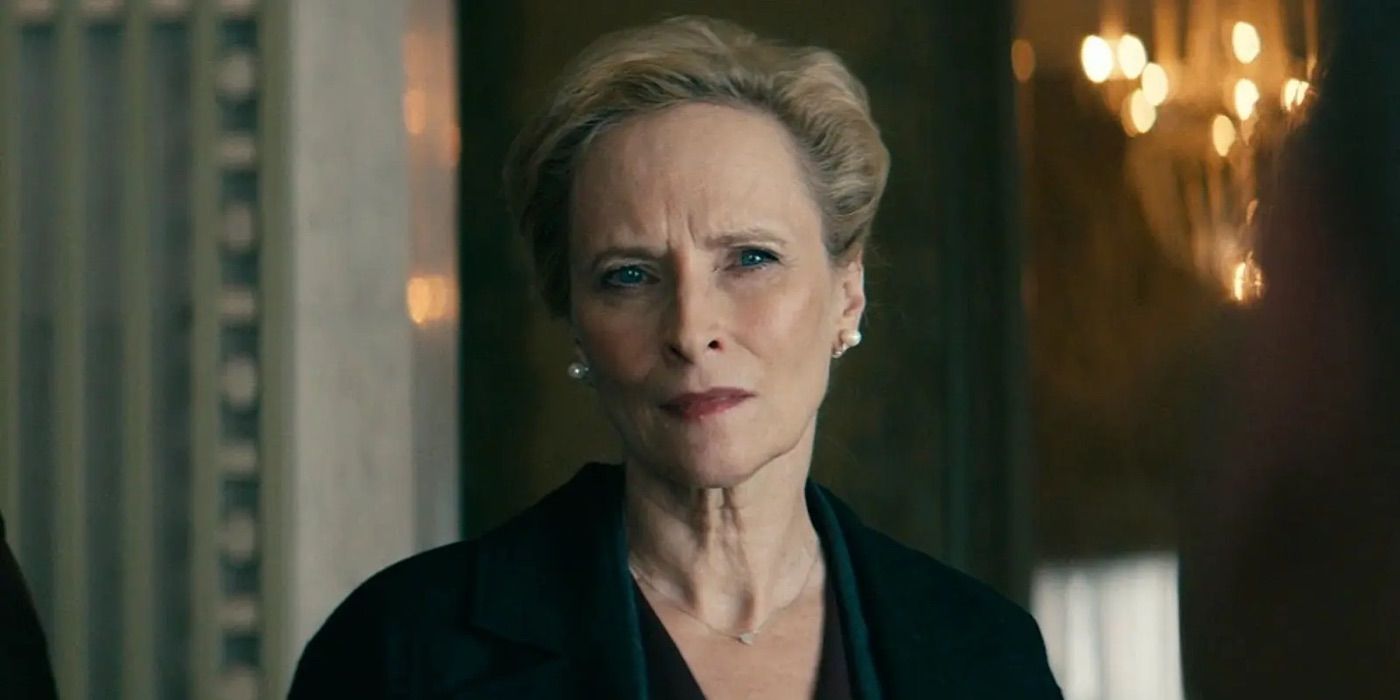
Butcher’s team are sometimes forced to work in tandem with the CIA in the TV show, but they share a much closer relationship in the comic books. Grace Mallory is Butcher’s main CIA contact in the show, and she feeds him information about Vought’s activities, which he then uses against them, although he isn’t exactly on officially sanctioned missions. This adds a layer of separation which Butcher feels gives him license to operate somewhere outside the law. It also means he’s more likely to clash with the government, especially if Homelander and Victoria Neuman gain more power.
2 Fleshing Out The Female Characters
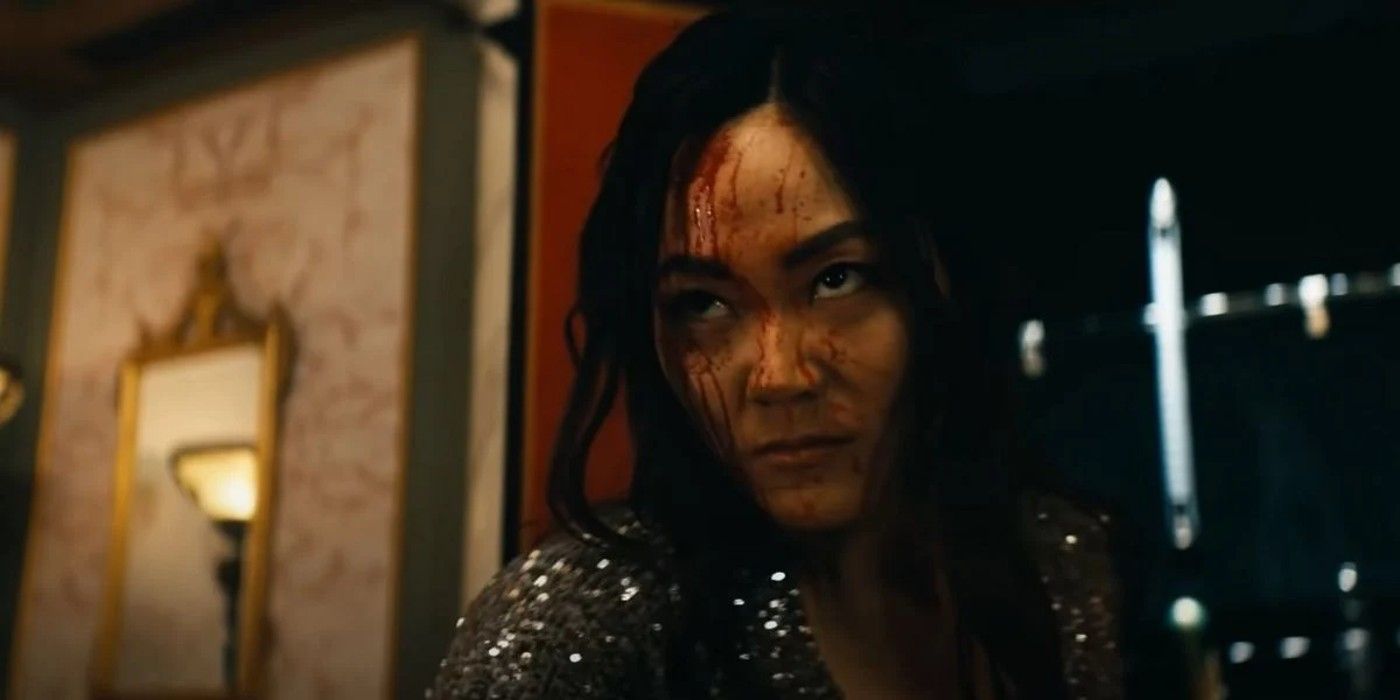
In the comic books, Becca dies in childbirth, Maeve constantly struggles with alcoholism, and Kimiko doesn’t even have a name. All of these characters are more compelling and three-dimensional in the TV show. The Boys pays more attention to its female characters than the comic books, and the show is better for it. Garth Ennis regrets Becca’s story line in The Boys, but the TV show rectifies this mistake by making her character much more than just motivation for Butcher. Starlight is another character who gains more depth in the show, even though she is important in the comic books.
1 Gender-Swapping Some Key Characters
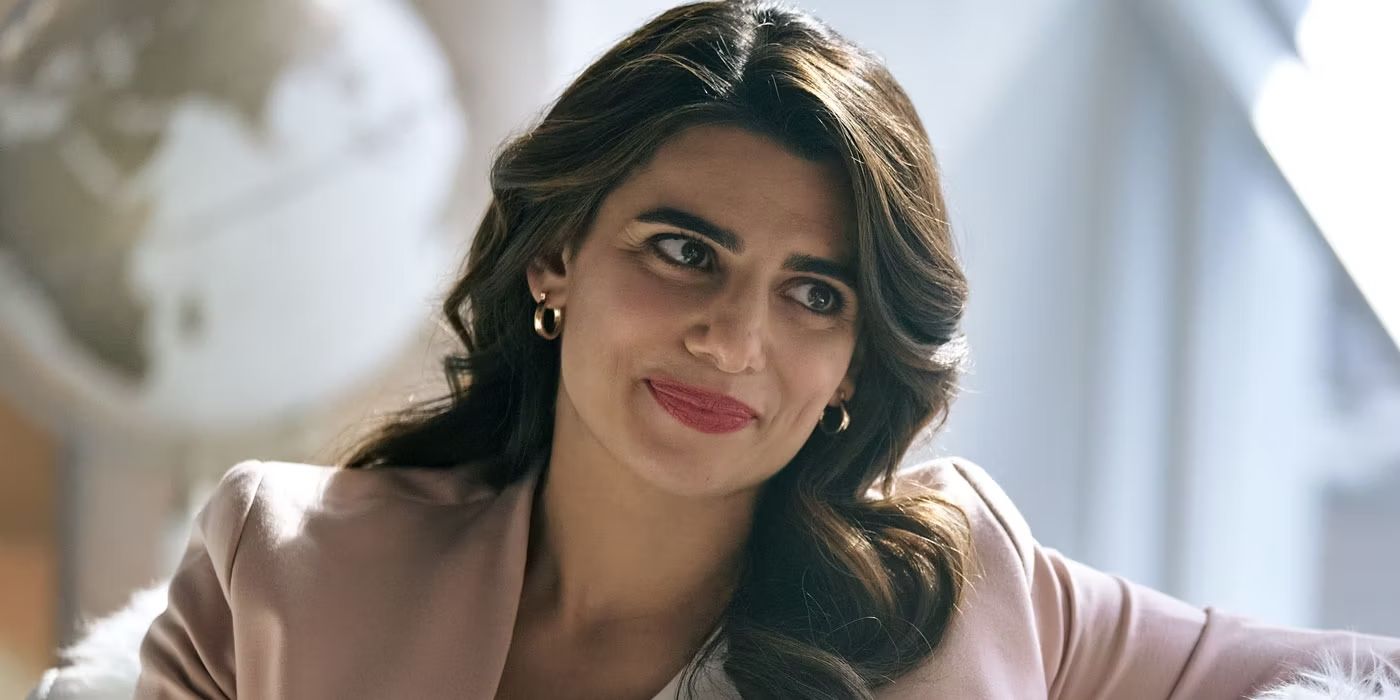
Some of the characters from the comic books are brought into the TV show with different genders, but the changes are made for more than just diversity and inclusivity. Madelyn Stillwell, Stormfront, and Victoria Neuman are all men in the comic books. Making them women in the TV show radically alters the way they relate to Homelander, and these changes bring his Oedipus complex into sharp focus. Homelander is desperate for female validation, owing to the fact that he endured an unconventional childhood. By making some of his closest allies women, The Boys highlights Homelander’s fragile masculinity.





